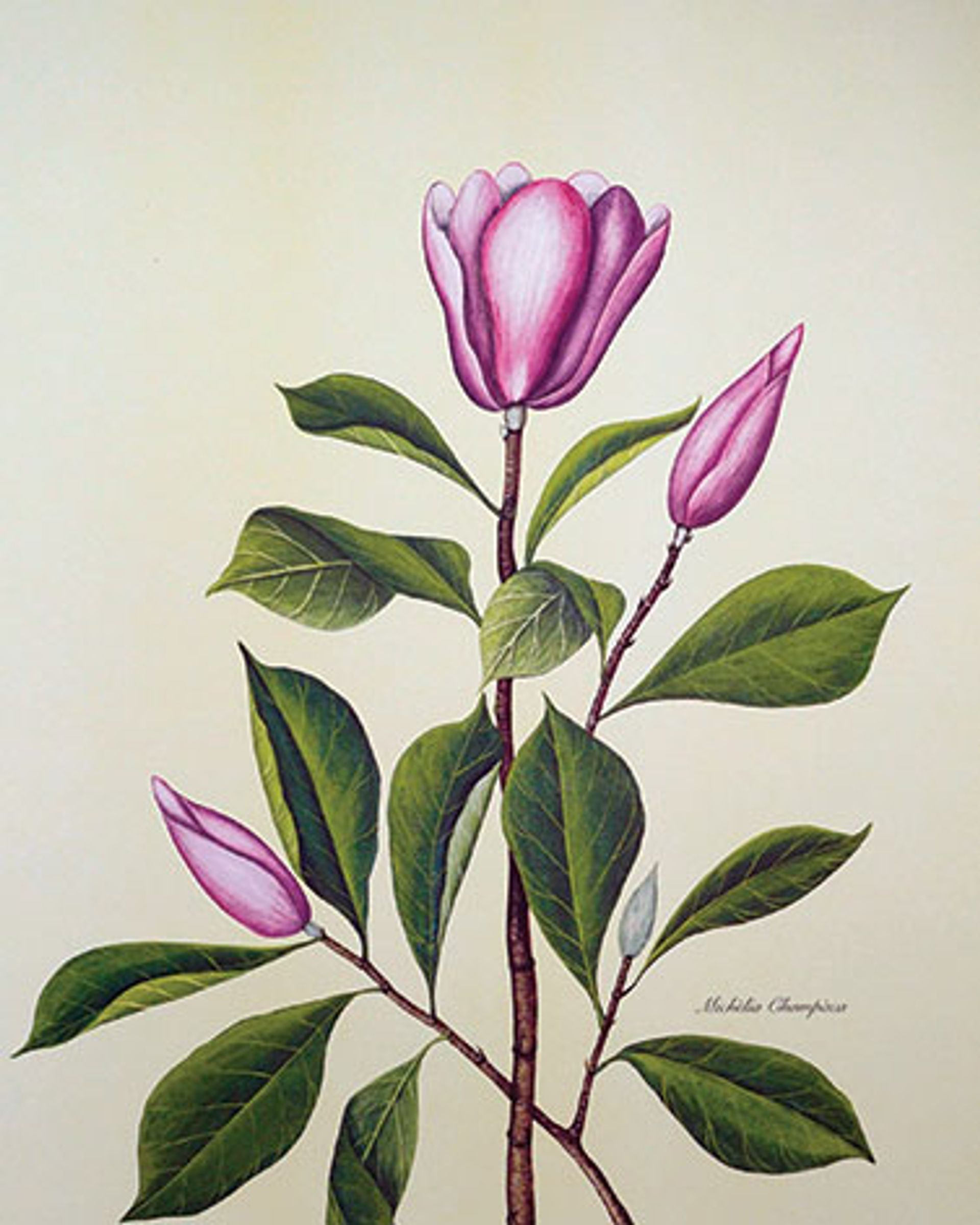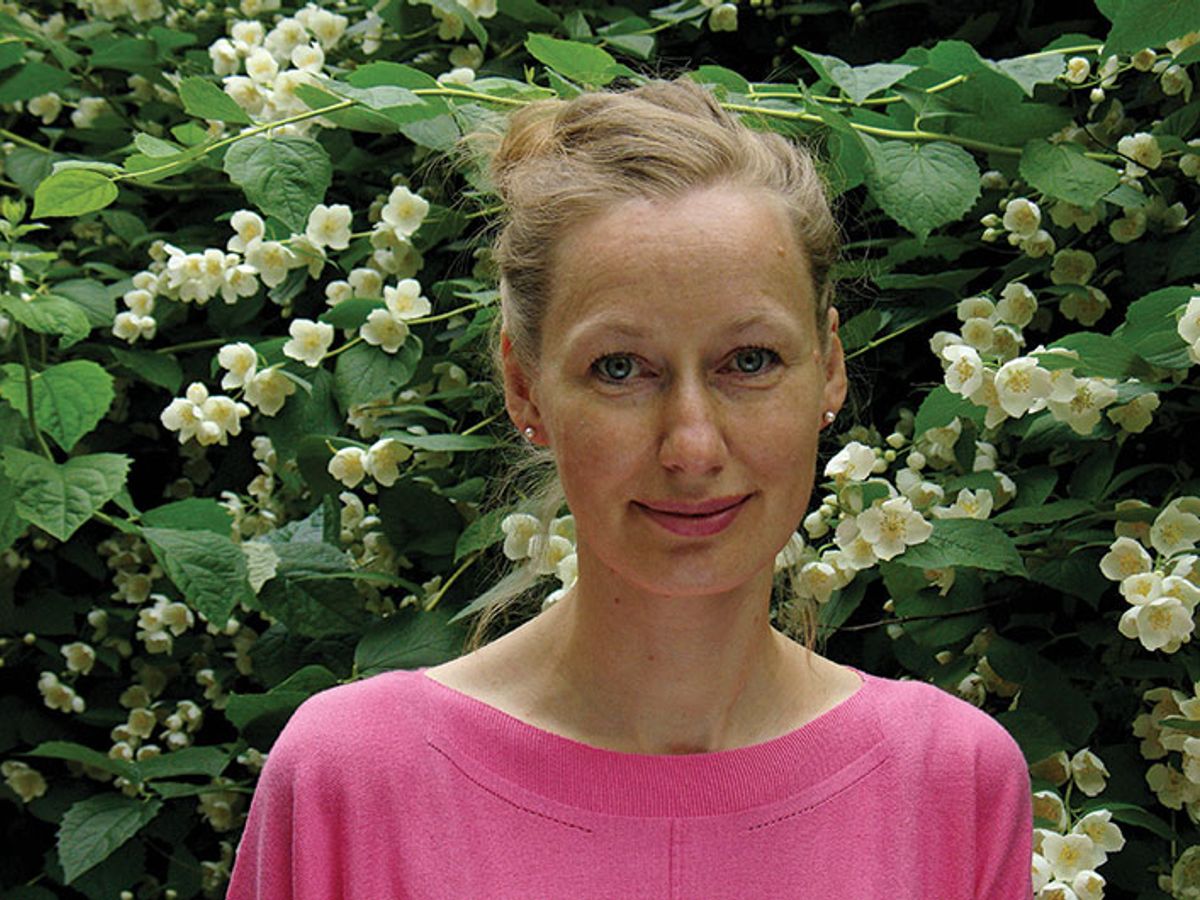The naked nationalism baked into the Venice Biennale—with 30 countries nestled in their own purpose-built pavilions in the Giardini, and everyone else scrapping it out for spots elsewhere—is increasingly at odds with the prevailing currents of thought in the art world. So for this Biennale, several nations have attempted to shake things up, including the Netherlands, which has vacated its Modernist 1953 pavilion and given it over to Estonia. The Dutch exhibition meanwhile will be held in the northern Cannaregio district.
Fittingly, the work chosen for the Estonian pavilion also deals with nationhood, touching upon colonialisation and ecological destruction. It is named for the “orchid delirium” that seized Europe in the late 19th century—a fanatical desire for the tropical flowers that led wealthy collectors to spend vast sums on specimens, and explorers to ravage developing countries in search of rare plants.

An illustration from around 1910 by the Estonian botanical artist Emilie Saal, whose life provided inspiration for the exhibition
The theme was inspired by the story of Estonian botanical artist Emilie Saal (1871-1954) who lived for 20 years in Dutch Indonesia. Her intoxicating paintings and watercolours of exotic flowers, once shown in Los Angeles, are now lost—the pavilion’s curator Corina Apostol would welcome any news. The exhibition includes some lithographs of Saal’s work that were apparently made in the US in the 1990s by a now defunct company.
The artist Kristina Norman has made a film trilogy for the pavilion that deals with different aspects of colonial history from an Estonian perspective, unpicking Saal’s identity as a woman from a country that was still part of the Russian Empire, but living as part of a colonial elite in Indonesia. Meanwhile Bita Razavi’s performative installations mix Estonian and Indonesian histories and culture.
The works will be accompanied by an archive of research material and contributions from collaborators in Indonesia. Together they will “explore what hides behind the beauty, allure and the seduction of the exotic and the inaccessible”, Apostol says. “And reveal the histories that underpin Emilie’s and our own obsession with these plants.”
Estonia
Artists: Kristina Norman and Bita Razavi
Organisers: Corina L. Apostol; Maria Arusoo, Estonian Centre for Contemporary Art
Where: Giardini (Dutch pavilion)


